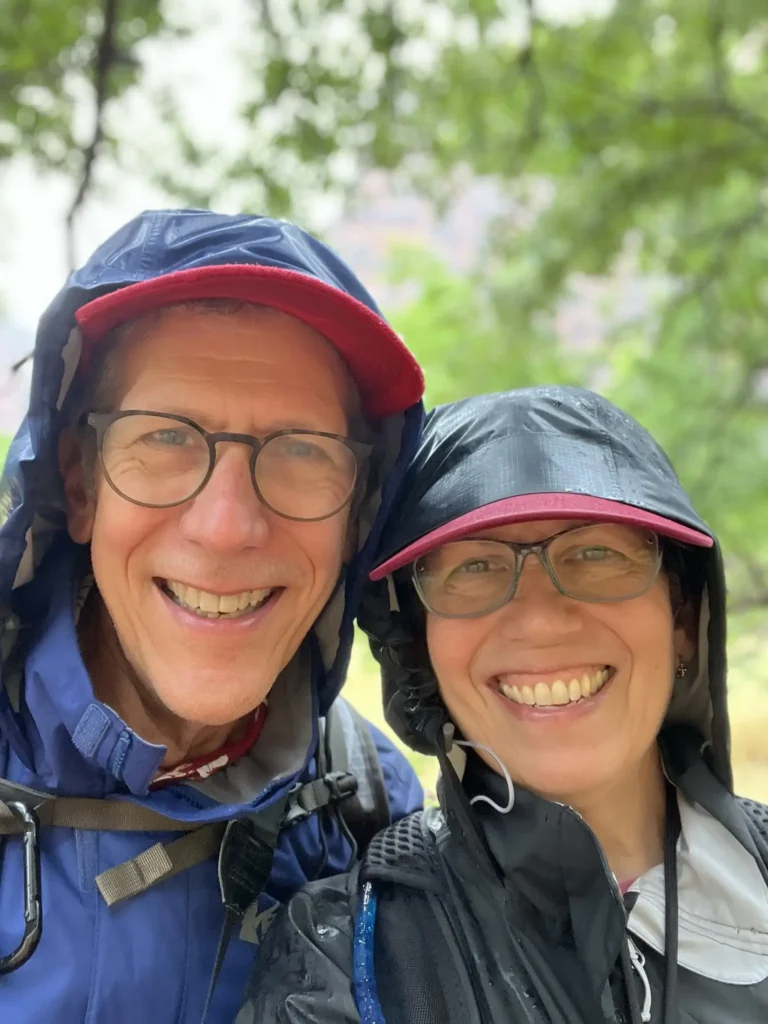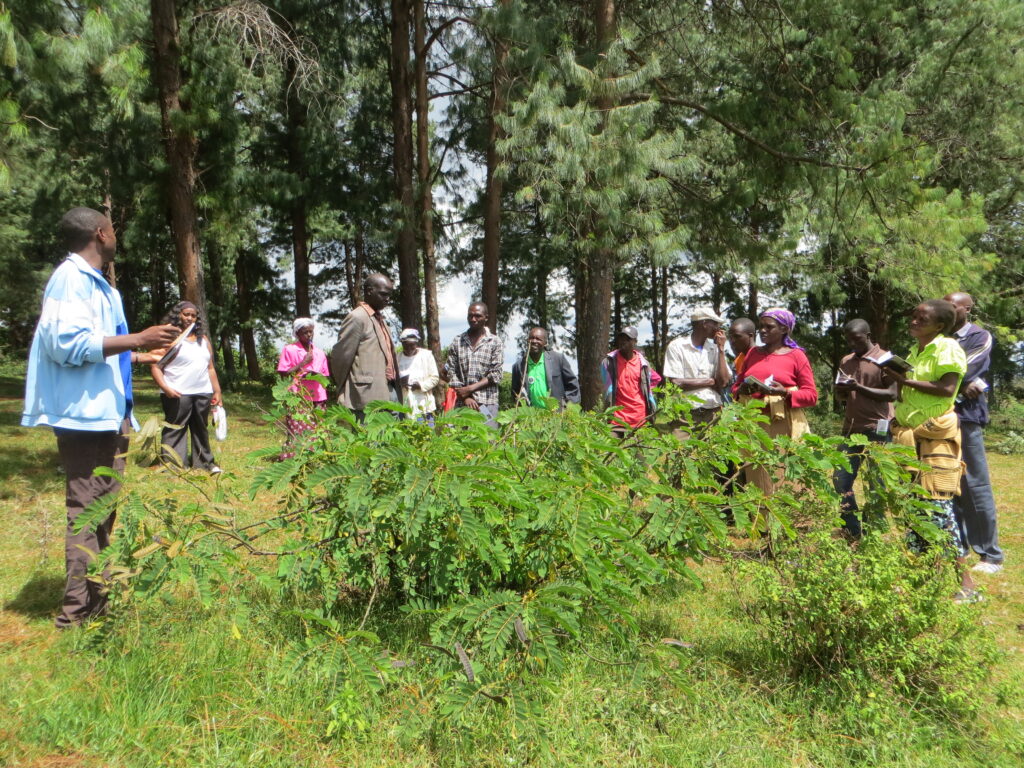Overview
Investing in education develops the resilience of Africa’s communities and their surrounding natural resources.
Rural children are being left behind. Across the continent, rural areas are often home to some of Africa’s most marginalized communities — and some of its most precious natural resources.
In sub-Saharan Africa over one-fifth of children between the ages of 6 and 11 are not in school — the highest rate anywhere in the world. Disparities between male and female students are vast. Nine million girls in that age group will never attend school, and the figure for boys — while lower — still stands at a shocking 6 million.
Without a quality education and the foundation for a sustainable future, these children are more likely to use natural resources for their future livelihoods and engage in activities that are detrimental to wildlife and wild lands. However, an early awareness of nature’s contributions to a prosperous life can empower Uganda’s youth to pursue successful livelihoods that are not reliant on the unsustainable use of the environment.
Challenges
Many rural children do not understand the value of wildlife and natural resources near them.
Although many rural African children have lived near wildlife their entire lives, few have the chance to experience the majesty of an elephant, zebra, or lion in protected areas. These species are often considered to be threats or pests and even killed when they cross human settlement or farmland — with some rural homesteads encroaching wildlife corridors, the risk is ever-present. Without access to a comprehensive education curriculum, which includes conservation values, these children often grow up forced to exploit the resources around them to survive.
Low investment in rural school systems and teaching capacity.
While an increase in enrollment at primary and secondary schools means that more children are gaining access to education, many governments are struggling to meet this demand. Not only are school facilities and amenities strained to accommodate the growth, but teaching staff is also stretched thin. Ultimately student performance suffers, slimming the chances of young people progressing in their education and going on to seek employment in the modern economy.
Solutions
Supporting education to foster long-term biodiversity protection:
Building quality primary schools in landscapes with high conservation value.
Where communities have collaborated with CHILDREN CONSERVATIONISTS PROGRAMME to minimize threats like habitat loss and bushmeat hunting, for example, CCP’s Education program targets to build new primary school facilities in return for their conservation commitment. The program brings high-quality education to some of Uganda and Rwanda’s most remote villages, boosting student enrollment and performance, as well as teacher morale. Across our four schools in Uganda, we target to enroll at least 500 new students every year. our conservation impact in biodiversity hotspots will continue to grow.













